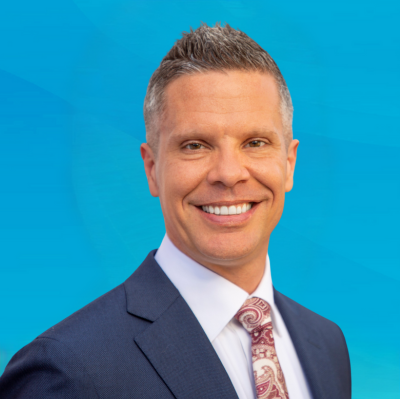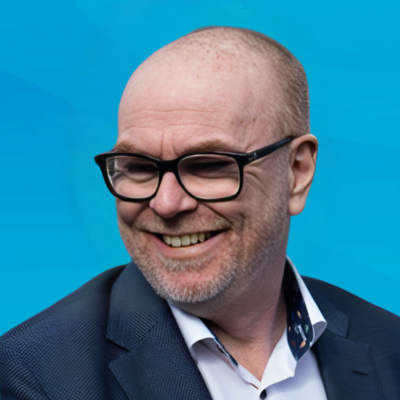Best results come from the best talents, and the best talents can be found in the best places to work. How do you make your recruitment company a top place to work? My guest, David Cathey, reveals their standards and practices that made his firm, Unity Search Group, amongst the Dallas Business Journal’s Best Places to Work for three years running.
David is a Partner at Unity Search. He oversees Unity’s finance, accounting and tax consulting/contract, Unity’s IT division and Unity’s practice development, including training and development of our core team members, along with client development, relationship management and candidate recruiting.
Episode Outline and Highlights
- [01:24] How David and I got acquainted via podcast.
- [03:45] Discussion on training and why it is important to approach different learning modalities.
- [08:50] David reveals Unity Search’s ‘train-the-trainer’ approach and how it builds a supportive environment for newly hired recruiters.
- [14:30] The advantages of growing your own talent versus hiring someone with years of experience.
- [19:30] Hear best practices when hiring rookie recruiters.
- [24:22] Know more about Unity KPIs, standards, and how they build a culture of accountability.
- [29:33] Great ideas on gamifying your KPIs to drive a self-managing culture.
- [35:06] Distinction between micromanagement and helping your team to be successful.
- [41:30] Are client visits still ‘fashionable’ for recruiters?
- [50:05] The problem with Vendor Management Systems (VMS) – and how to avoid them.
- [53:55] David shares his battle with the ‘impostor syndrome.’
- [1:02:00] What is next with Unity Search?
Continuous Learning and Establishing a Culture of Accountability
In our conversation, you will hear David shared Unity Search’s approach on team development focusing in the following areas:
- The importance of continuous learning and approaching different learning modalities
- Best practices in hiring inexperienced recruiters
- Train-the-trainer approach
- How to get consistent results by establishing a self-managing culture and accountability
Why It’s Time to Start Doing Client Visits Again
Because of the pandemic, most recruiters stopped or drastically reduced the number of in-person client meetings. The advent of technology also made it possible for recruiters to engage via Zoom or MS Teams which brings us to the question: “Are client visits still relevant when it comes to recruitment?”
Dave shared how client visits are one of his team’s KPIs and how meeting clients face-to-face is more relevant than ever, now that pandemic related restrictions are getting more lenient. He shared his philosophy behind it, “You are not going to date someone long term and develop a long-term relationship if you haven’t seen them face-to-face.” David explained that the pandemic really took that in-person element away because everybody was working remotely. He then elaborated, “What ended up happening at least for our business … is your client visits turned to just phone call check-ins.” Now that restrictions have been lifted, David is making sure his team is taking the opportunity to get back out there and get in front of them.
If you are running a local desk, this is something that you may want to look at to further engage with your clients and establish more connections. As Dave shared, “Sometimes meeting them for a cup of coffee, they love that because they are going out of their house.”
Are You Struggling with Impostor Syndrome?
If you are experiencing persistent self-doubt on your skills, talents and accomplishments, you may be suffering from impostor syndrome. This is like an elephant in the room that talented recruiters and recruitment business owners may be hesitant to discuss but it is something that everybody feels every once in a while. David courageously shared his battle with the impostor syndrome and how he overcame it. “I’ve really worked on changing my attitude towards impostor syndrome” David stated. You may be able to relate on how it can hold you back in your career or how it can make it difficult to engage with a client. David realized that it is actually rooted in fear and not getting out of his comfort zone. He then shared how he turned it into a benefit for him and the steps he took to get out of that comfort zone. I hope that you too can appreciate the nuggets of wisdom in this part of the interview.











